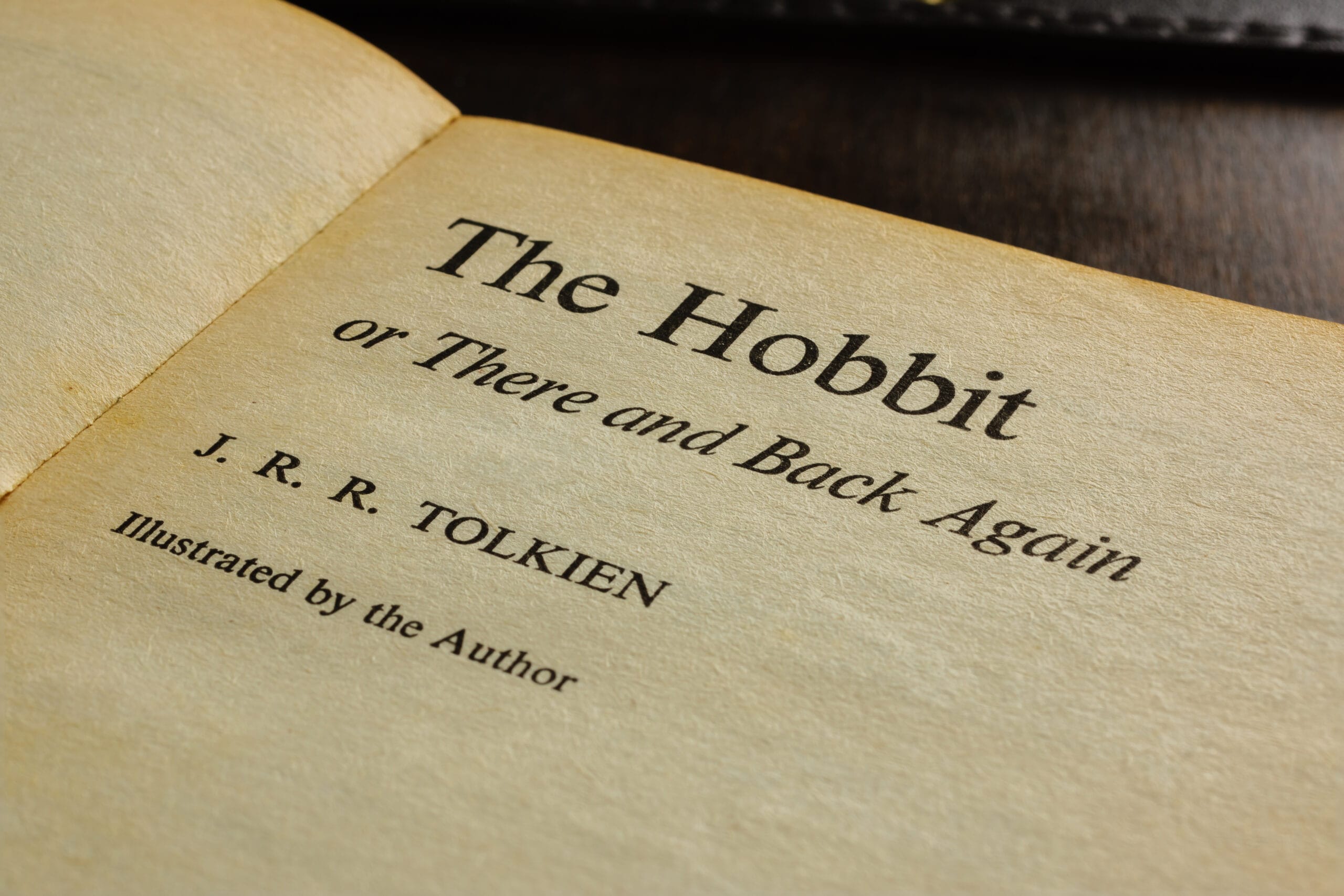Tolkien Reading Day (March 25)

Tolkien Reading Day, observed annually on March 25th, celebrates his life, works, and the impact of his storytelling.
It’s a day for fans to immerse themselves in Middle-earth, explore Tolkien’s linguistic brilliance, and honor the literary genius who shaped modern fantasy.
Whether you’re reading his books, watching adaptations, or engaging in discussions, this holiday is a perfect excuse to revisit Tolkien’s world.
Keep reading to learn more about the origins of this celebration and how to take part in it. Weird holidays in March make for unique and engaging traditions!

When is the Holiday?
This holiday takes place every year on March 25th. This date was chosen because it marks the fall of Sauron in The Lord of the Rings, a pivotal moment in Tolkien’s legendarium.
Who Invented It?
Tolkien Reading Day was established in 2003 by the Tolkien Society, an organization dedicated to promoting the life and works of J.R.R. Tolkien.
The society created the holiday to encourage fans to celebrate and appreciate Tolkien’s literary contributions.

The History of the Holiday
This literary day gives fans a dedicated moment to appreciate the author’s achievements.
The chosen date, March 25th, is significant within Tolkien’s universe—it marks the downfall of Sauron and the destruction of the One Ring in The Lord of the Rings.
This event symbolizes renewal and victory over darkness, mirroring the themes Tolkien explored throughout his works.
Over the years, the holiday has grown into an international phenomenon.
Libraries, schools, and fan communities hold reading sessions, discussions, and themed events.
Some institutions use the holiday to delve into Tolkien’s influence on literature, while others focus on the impact of his works on pop culture, film, and even linguistics.
It has also become a moment for scholars to reflect on Tolkien’s unique writing style, world-building techniques, and mastery of language, ensuring that his legacy continues to inspire new generations.
Top 5 Facts About the Holiday
- March 25th is more than just a random date. In The Lord of the Rings, it’s the day Sauron was defeated and the One Ring was destroyed.
- Tolkien’s impact on language goes beyond Middle-earth. He didn’t just invent fictional languages—he was a professor of Anglo-Saxon and played a major role in shaping the Oxford English Dictionary’s etymology research.
- The holiday has an annual theme. Each year, the Tolkien Society selects a different theme to focus discussions and activities, making every year unique.
- Tolkien once described Middle-earth as an “imaginary history” of our own world. He envisioned it as a deep past for Earth, rather than an entirely separate realm.
- The holiday has inspired real-world pilgrimages. Many fans celebrate by visiting Oxford, England, where Tolkien lived and worked, stopping at his favorite pubs, colleges, and even his grave at Wolvercote Cemetery.

**This post may contain affiliate links. As an Amazon Associate and a participant in other affiliate programs, I earn a commission on qualifying purchases.**
Activities to Celebrate
- Read Tolkien’s books – Whether it’s The Hobbit or The Silmarillion, diving into his works is the best way to honor the day.
- Host a Tolkien book club – Discuss themes, characters, and world-building with fellow fans.
- Watch the movie adaptations – The Lord of the Rings and The Hobbit films bring Middle-earth to life.
- Explore Tolkien’s languages – Try learning some Elvish or Dwarvish phrases.
- Create Tolkien-inspired art – Draw, paint, or craft something inspired by Middle-earth.
- Listen to Tolkien audiobooks – Experience the stories in a new way.
- Test your knowledge with Tolkien trivia – Challenge friends and family to a Middle-earth quiz.
- Bake Lembas bread – A classic recipe from Tolkien’s world.
Links to Resources
- The Tolkien Society: Offers a wealth of information, including study packs and educational materials.
- Wheaton College’s Tolkien Resources: Provides a curated selection of Tolkien’s works and related scholarly materials.
- The Road to Middle-earth: A scholarly study exploring how Tolkien created his mythology.
- A Question of Time: J.R.R. Tolkien’s Road to Faërie: Analyzes Tolkien’s exploration of time in his Middle-earth writings.
- Who Was J.R.R. Tolkien? A child-friendly biography exploring Tolkien’s life and legacy.
- Why We Love Middle-earth: An Enthusiast’s Book about Tolkien, Middle-earth, and the LotR Fandom. A heartfelt exploration of why Tolkien’s world continues to captivate fans.
Related Holidays
- Free Comic Book Day (First Saturday in May)
- Sherlock Holmes Day (May 22)
- National Book Lovers Day (August 9)
- National Read a Book Day (September 6)
Pin it!
Share this post about Tolkien Reading Day on Pinterest!

